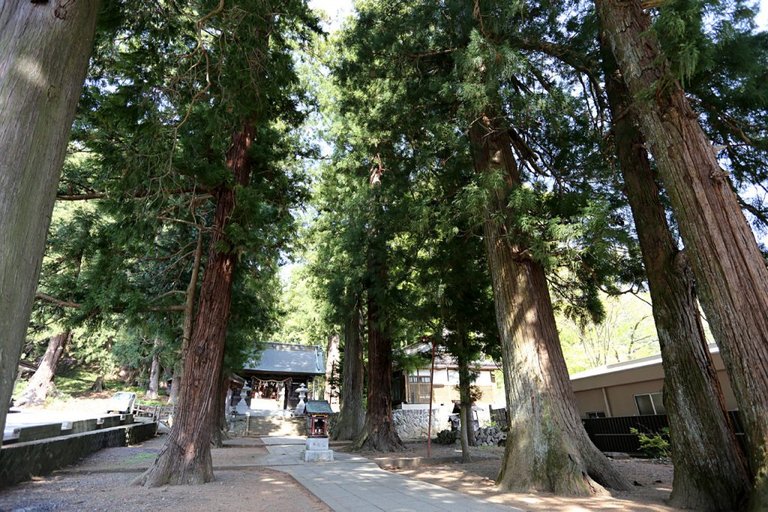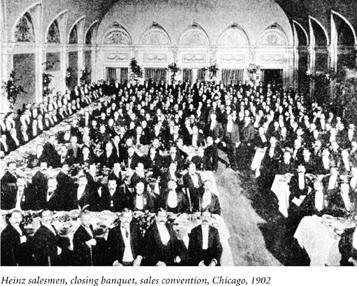
Greek philosopher Herodotus wrote about his observations of a peculiar Egyptian tradition. Towards the end of large feasts when everybody was having a jolly ol’ time, stone-faced guards would walk through the banquet hall carrying a stretcher with a skeleton on it.
This was a total buzz kill and a morbid reminder to everyone: you may be having fun now, but remember, your day will come. We’re not sure how the guests responded to this. Did they continue to rage even harder and scream “YOLO, shots for Tutenkahmen!” Or did they go home sullen and depressed, contemplating their mortality (‘I should stop drinking so much…’)?

The tradition of contemplating your own death is common across several cultures and religions. Stoic philosopher Seneca said, “Let us prepare our minds as if we’d come to the very end of life. Let us postpone nothing. Let us balance life’s books each day.” The Catholic tradition of memento mori (“remember death”) was practiced through daily prayers by priests, and you can see many saints depicted holding skulls as a reminder to prepare for their meeting with god in the afterlife.

These reminders can come to us at surprising times. A traveler I met last year told me a chilling story about his trip to India. He found himself riding in a tuk-tuk, seated next to another passenger. The driver said, “We’ll have to drop off this guy first, and then I’ll take you to your destination.” When they arrived, the passenger sat motionless. The driver gets out, walks around to his side, and drags the guy out of the tuk-tuk. Confused, the traveler asks if he’d had too much to drink. “Actually, he died a few hours ago. I’m just dropping his body off at his relatives.”
For better or for worse, we don’t have the pleasure of living in rural India or partaking in Egyptian festivals that put the Great Equalizer, death, at the forefront. But without these reminders, nowadays our sole chance to think about mortality often comes during infrequent life events, like the death of a loved one or when we get deftly sick, like my friend who suffered a serious skiing accident, leading him to re-prioritize his life and launch a successful startup. These events are few and far between.
There are plenty of good reasons to make thinking about death an occasional habit. Many of us live our lives acting like things can be deferred forever. “I’ll do it one day,” we say. One day may never come and we will keep putting it off for perfect timing, although perfect timing doesn’t exist. I’ve certainly fallen into this trap. In such situations I have switched from saying “I’ll do it one day,” to a more truthful response, like “it’s not a priority now,” which then leads to another question; what is my current priority? That requires me to be clear and honest with myself, a very useful exercise.
Memento mori doesn’t have to be a morbid exercise, and nature, music, travel can all be reminders of our mortality in their own ways. At the base of Mt. Fuji, the Kawaguchiko Asama shrine has rows of towering cedar trees that are over 800 years old. I stood there, bewildered, as I had just learned that these trees will probably live for another three centuries. My mind drifted, and I started counting the generations that have passed. But even they are just teenagers compared to the granddaddy of all trees, the Jomon Sugi in Yakushima, estimated to be around 2,000-3,000 years old. “Generations passe while some trees stand, and old Families last not three oaks,” laments Sir Thomas Browne, a 16th century doctor.

Pondering your own death can also make you happier. In his book, Status Anxiety, author Alain de Botton explains that despite our growing riches, we find ourselves less and less satisfied. We compare ourselves to others and feel crummy when we realize that we “haven’t made it.” The problem is that when you consider how somebody more successful might feel, we find that they’re also comparing themselves to someone else! This results in a never-ending chain of dissatisfaction; constantly striving, anxious about our position, but never arriving. Psychological studies have confirmed that keeping up with the Joneses doesn’t make us happier.
To reduce this ever-growing anxiety, we can take solace in the fact that everyone you know will die, including those ‘successful’ people. Botton shares a picture of a Heinz sales convention taken in 1902. These hard-working and honest men, “each with his excited plan for increasing sales of ketchup and pickles,” are all dead now. Life becomes more enjoyable when we take a moment to remember that all the earthly ambitions of conquering nations and building brands will end the same. Perhaps this occasional reminder will allow us to take ourselves a little less seriously.

Posted from my blog with SteemPress : https://mishayurchenko.me/2019/09/25/death-of-a-ketchup-salesman/